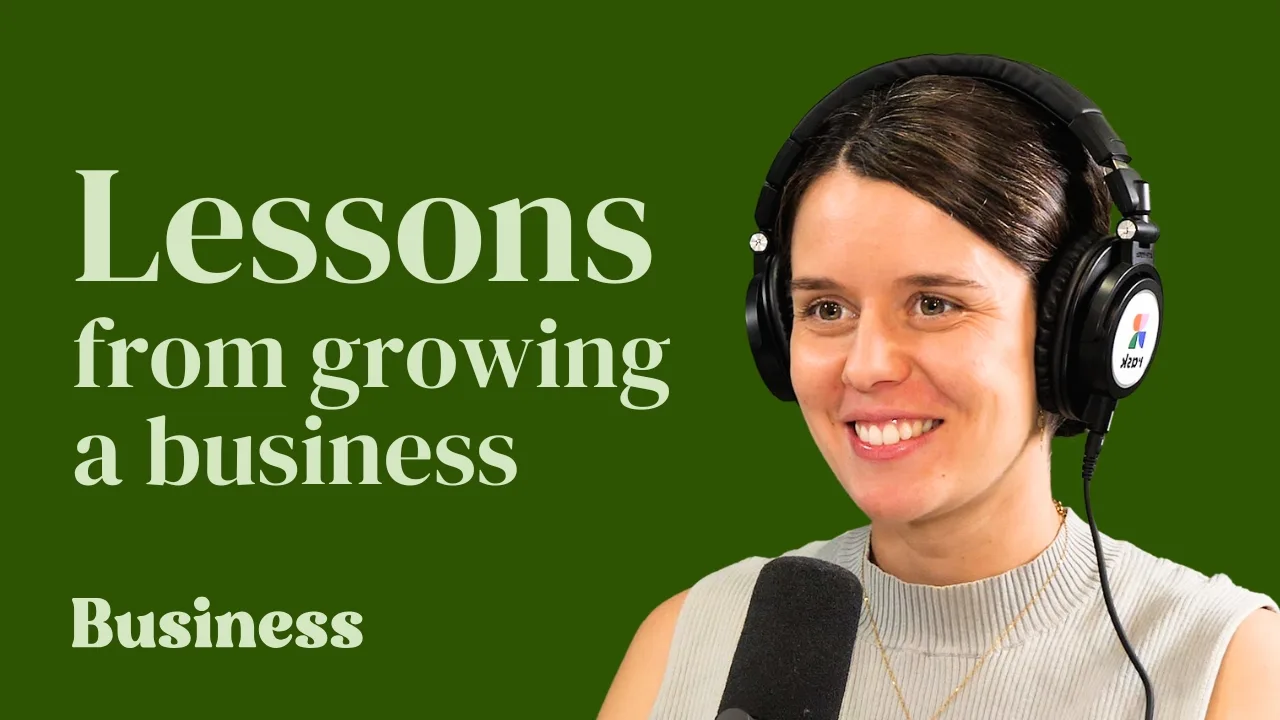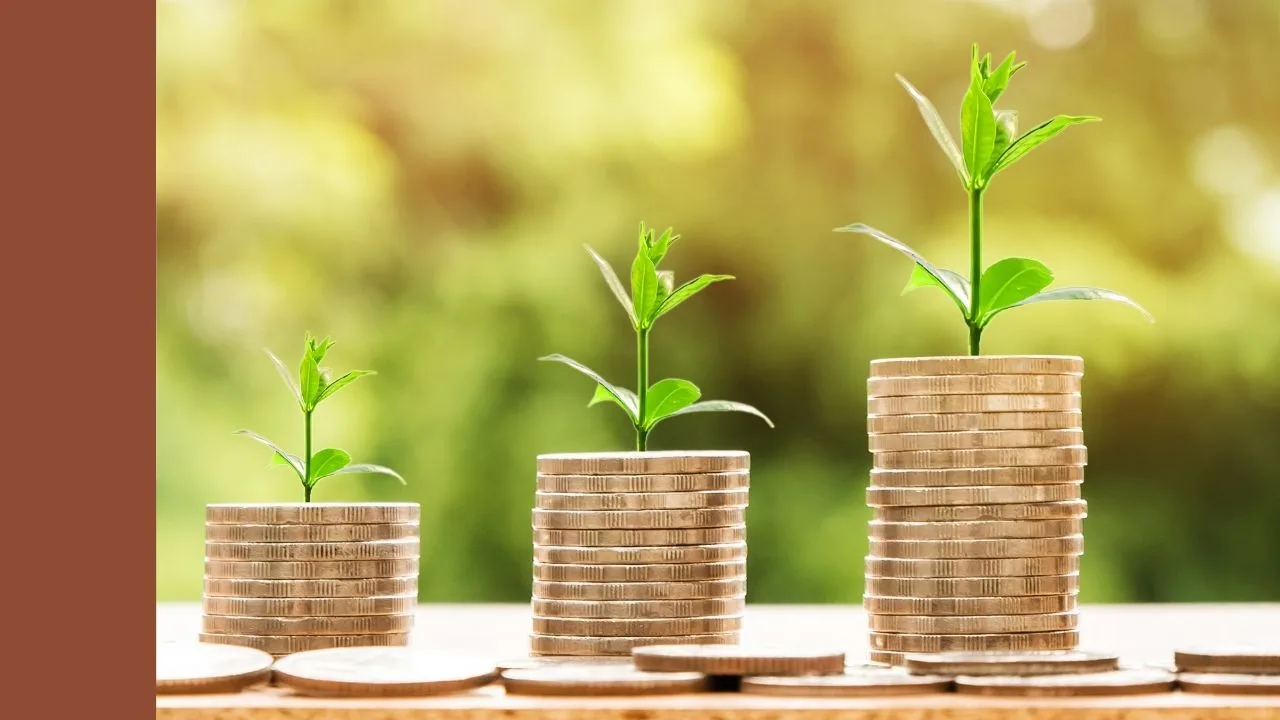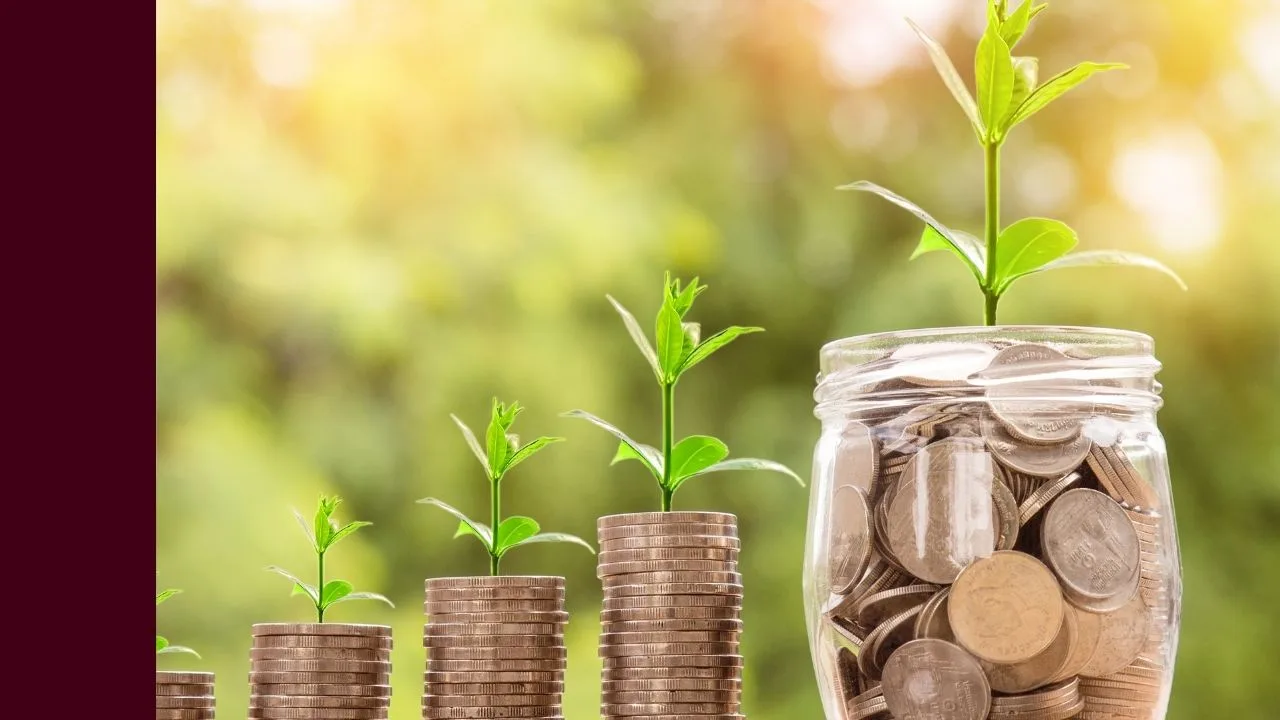Shares in Costa Group Holdings Ltd (ASX: CGC) have been suspended on the ASX this morning instead of coming out of a trading halt as planned. Here’s what you need to know.
About Costa Group
Costa is Australia’s largest horticultural business, producing glasshouse tomatoes, berries, avocados, mushrooms and citrus fruit. The company has over 4,500 planted hectares of farmland, 30 hectares of glasshouse facilities and seven mushroom growing facilities across Australia.
Costa also has international interests, with majority-owned joint ventures covering six blueberry farms in Morocco and three berry farms in China.
What’s Happening?
On Monday this week, Costa shares entered a trading halt pending an announcement relating to its trading outlook. The company did not provide any more details other than to say it “expects to be in a position to make an announcement before the commencement of trading on Wednesday 23 October 2019”.
This morning, there was still no announcement. Instead, Costa requested that its shares be suspended, once again pending the release of an announcement in respect of its trading outlook.
Costa requested the suspension in order to “manage its continuous disclosure obligations and to avoid the market trading in CGC securities on a basis that is not reasonably informed.”
Costa also stated it is not in a position to make its trading outlook announcement at this time and expects the suspension will be required for up to five trading days. Meaning, Costa shares may not be trading again until Tuesday 29 October 2019.
Profit Downgrades
This year has been extremely challenging for Costa, so much so that we’ve seen the company downgrade its profit guidance twice.
First, in January, Costa explained it had been experiencing subdued demand for tomatoes, berries and avocados, which resulted in reduced pricing for a number of product lines.
Then, in May, Costa said its previous six months of trading had experienced an “unprecedented level of volatility across virtually all our categories and seen our earnings negatively impacted”. This included price competition in Morocco, lower raspberry yields due to a condition called ‘crumbly fruit’, reduced demand for mushrooms, and a fruit fly being found at its Impi citrus farm.
This led to management warning upon its 1HFY19 results release in August that “trading and forecasting remains challenging with potential further downside risk”.
What Now?
Given that Costa has been experiencing a whole range of issues this year, and considering the time taken to release this announcement, I suspect another downgrade is on the cards.
This may put Costa’s debt covenant compliance into question, which is an important consideration given the company had around $350 million of net debt as at 30 June 2019.
Being a capital-hungry business, Costa may now turn to an equity raising to potentially wipe off some of this debt or fund its current investment and growth projects.
My Take
When looking at a potential investment, I tend to prefer capital light businesses that, in turn, have less financial leverage. Capital light business models typically have more flexibility and a greater ability to scale compared to capital heavy businesses, such as Costa.
Moreover, I also have a preference towards companies with strong operating and gross margins, as this generally hints at, and provides for, greater pricing power and more room to weather adverse impacts to its business.
All this is to say that Costa isn’t the type of company I would usually invest in.
In terms of the company’s current predicament, the potential impending guidance downgrade is purely speculation. In fact, Costa may indeed surprise the market with a positive announcement.
Nonetheless, I’m happy to see how this plays out from the sidelines.
[ls_content_block id=”14945″ para=”paragraphs”]
Disclosure: At the time of writing, Cathryn has no financial interest in any of the companies mentioned.







